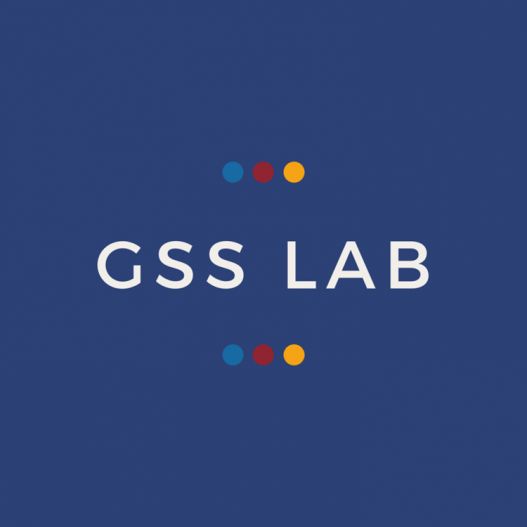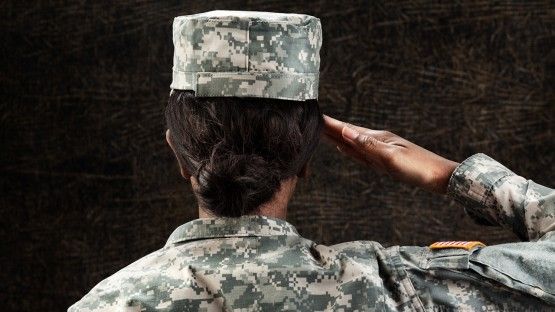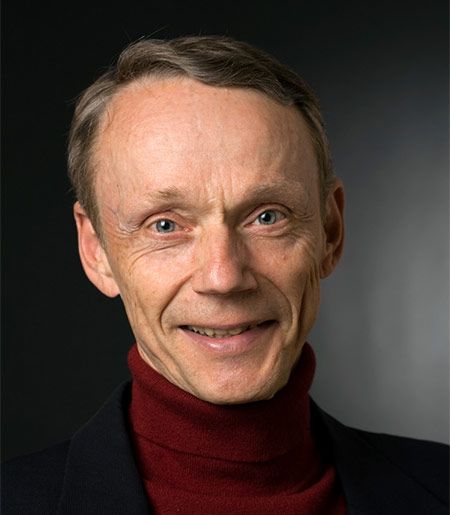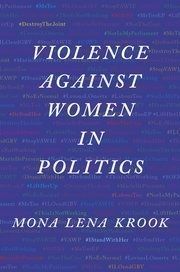Reppy Institute for Peace and Conflict Studies
Gender and Security Sector Lab Seminar Series: Rose McDermott

March 1, 2021
12:00 pm
Rose McDermott presents prelimary findings from her work titled "Cross-cultural differences in gendered expectations of care taking?".
Additional Information
Program
Reppy Institute for Peace and Conflict Studies
Nicholas Mulder

Assistant Professor, History
Nicholas Mulder works on European and international history from 1870 to the present. His research focuses on political, economic, and intellectual history, with particular attention to the era of the world wars between 1914 and 1945.
Additional Information
Program
Role
- Faculty
- IES Core Faculty
- IES Steering Committee
- PACS Steering Committee
Contact
Email: njm226@cornell.edu
New lab studies role of gender in security forces

Sabrina Karim, PACS
The Gender and the Security Sector (GSS) Lab uses an interdisciplinary, social scientific approach to study gender in police, military and peacekeeping forces.
Launched Jan. 4 by Sabrina Karim, the Hardis Family Assistant Professor of government in the College of Arts and Sciences, and faculty affiliate with the Reppy Institute for Peace and Conflict Studies (PACS).
Additional Information
Call for Submissions

Peter Katzenstein Book Prize
The Katzenstein Prize recognizes an outstanding first book in International Relations, Comparative Politics, or Political Economy. Due March 1, 2021.
Additional Information
Spring 2021 Seminar Schedule

The Reppy Institute for Peace and Conflict Studies is excited to announce our reading group and seminar series. All events are held virtually.
Additional Information
Violence Against Women in Politics

March 4, 2021
11:25 am
Prof. Mona Krook leads an interactive discussion of her new book, Violence Against Women in Politics (Oxford University Press, 2020).
The author will join for a conversation about their work. No formal presentation will be given; please read in advance. A link to the reading will be sent with the registration confirmation.
Part of the Reppy Institute for Peace and Conflict Studies (PACS) seminar series.
About the author
Mona Lena Krook is a Professor in the Department of Political Science at Rutgers University. She earned her Ph.D. from Columbia University. Her interests include democratization and good governance, gender and electoral politics, electoral gender quotas, candidate selection, political representation, political parties, and qualitative methods. Among her many publications include: Quotas for Women in Politics: Gender and Candidate Selection Reform Worldwide (Oxford University Press 2009) and The Impact of Gender Quotas (Oxford University Press, 2012), and most recently, Violence Against Women in Politics (Oxford University Press, 2020).
Additional Information
Program
Einaudi Center for International Studies
Reppy Institute for Peace and Conflict Studies
Disrupting the Autocratization Sequence: Towards Democratic Resilience

February 25, 2021
11:25 am
Anna Lührmann joins the Reppy Institute for Peace and Conflict Studies (PACS) for a discussion of her working paper, "Disrupting the Autocratization Sequence: Towards Democratic Resilience."
The author will join us for a discussion of her work. No formal presentation will be given; please read in advance. A link to the reading will be sent with the registration confirmation.
About the author
Anna Lührmann is an Associate Professor at the University of Gothenburg (Docent) and the Deputy Director of the Varieties of Democracy Institute (V-Dem). Prior to turning to academia, Anna was a Member of Parliament in the German National Parliament (2002- 2009) and later worked in Sudan for two years. She received her PhD in 2015 from Humboldt University (Berlin) with a thesis on United Nation’s electoral assistance. Anna Lührmann holds a M.A. degree in “Research Training in Social Sciences” from Humboldt University (Berlin), a M.Sc. degree in Gender and Peace Studies from Ahfad University (Sudan) and a B.A. in Political Sciences from FernUniversität Hagen (Germany). She served as a consultant for UNDP, the World Bank and others. Her research has been published among others in the American Political Science Review, Electoral Studies, Democratization and the Journal of Democracy.
Current research
Anna's current research focuses on how and why democracy is eroding in many countries across the world and what we can do to stop it. Furthermore, she leads V-Dem’s Pandemic Backsliding project, which investigates how government responses to Covid-19 affect democracy. She also contributes to the Failing and Successful Sequences of Democratization- Project.
Additional Information
Program
Einaudi Center for International Studies
Reppy Institute for Peace and Conflict Studies
Hoover Institution Press Publishes Disruptive Strategies: The Military Campaigns Of Ascendant Powers And Their Rivals

Barry Strauss, PACS
Barry Strauss, visiting fellow at the Hoover Institution and professor of history and classics at Cornell University, contributes to new publication.
